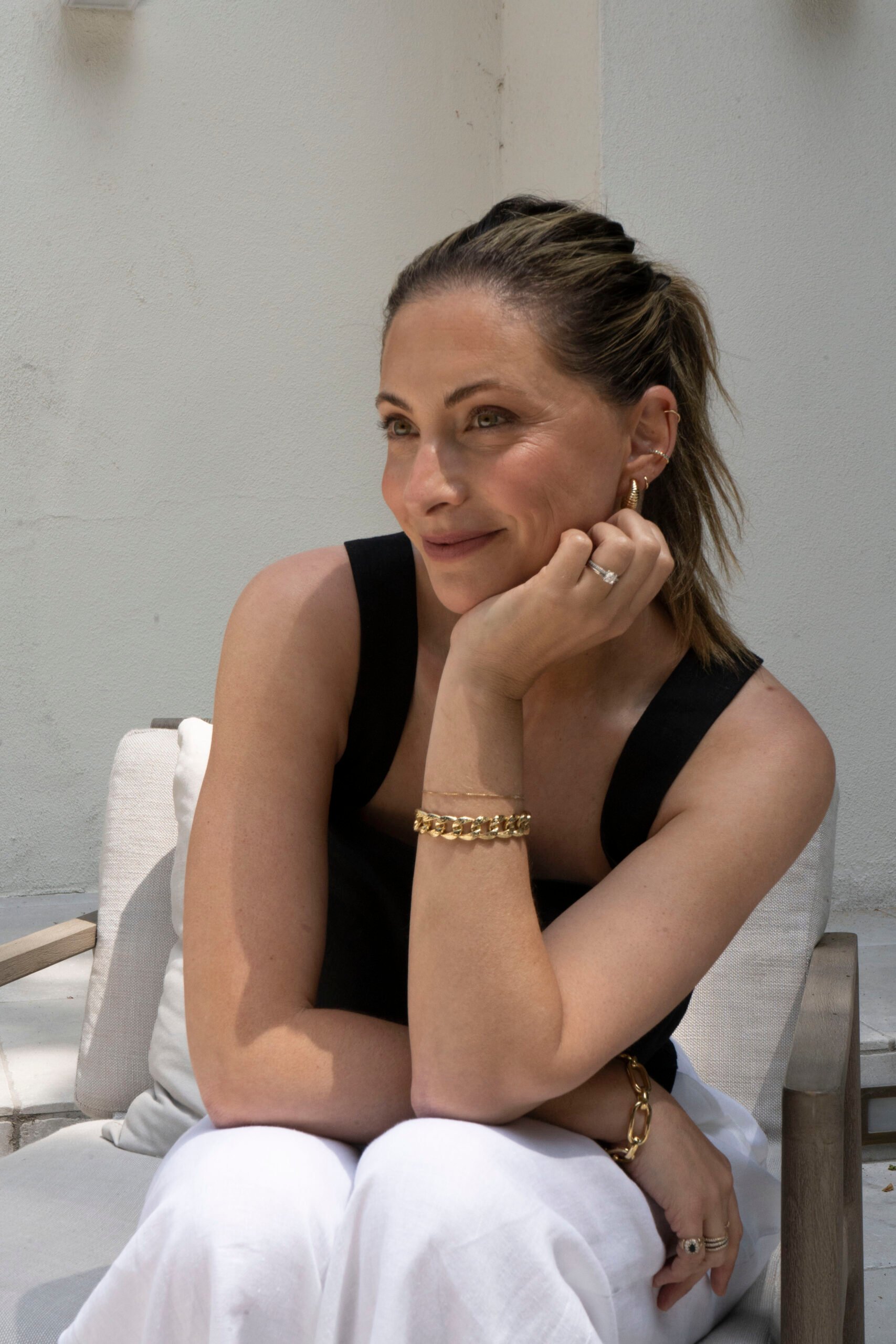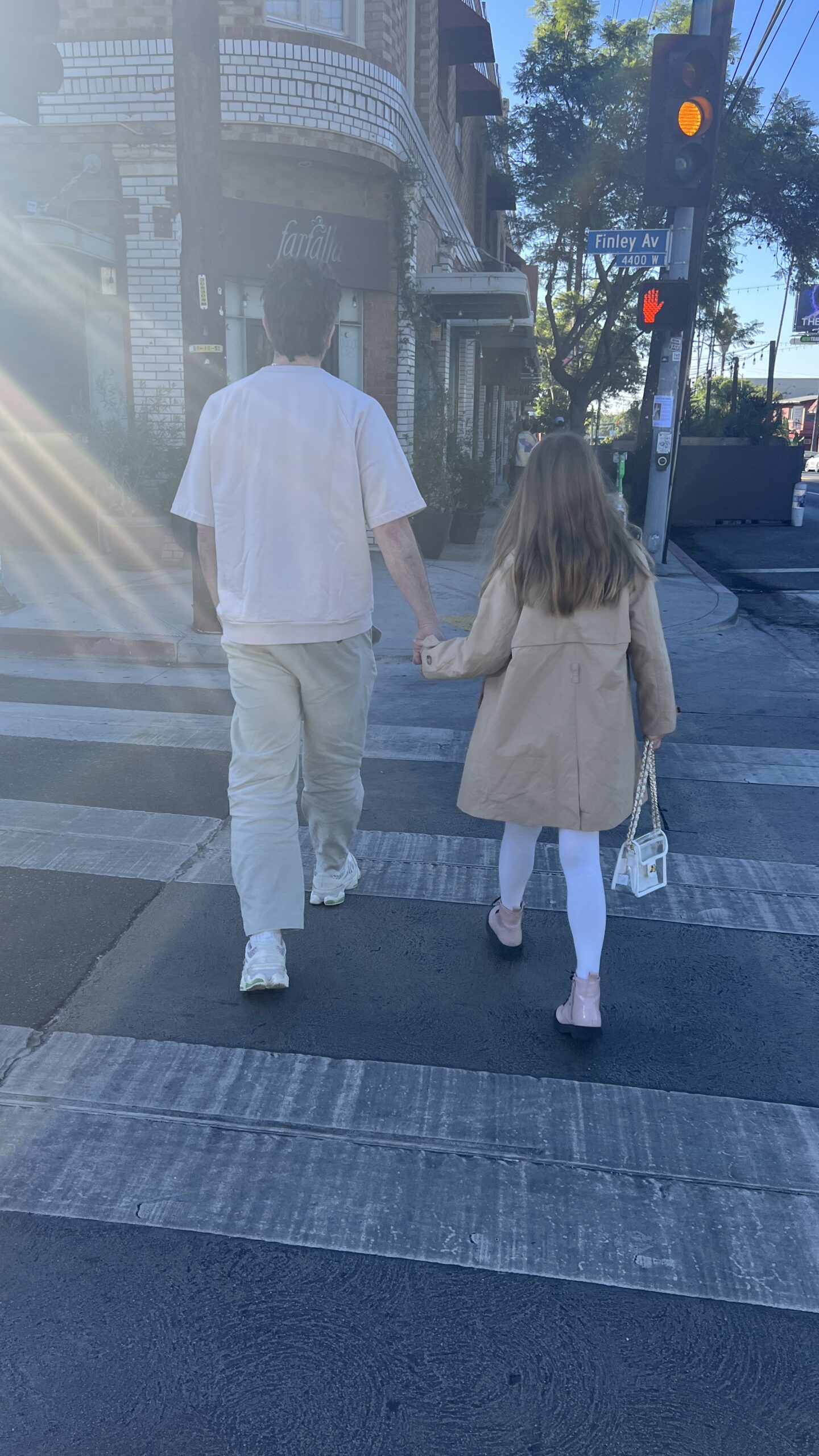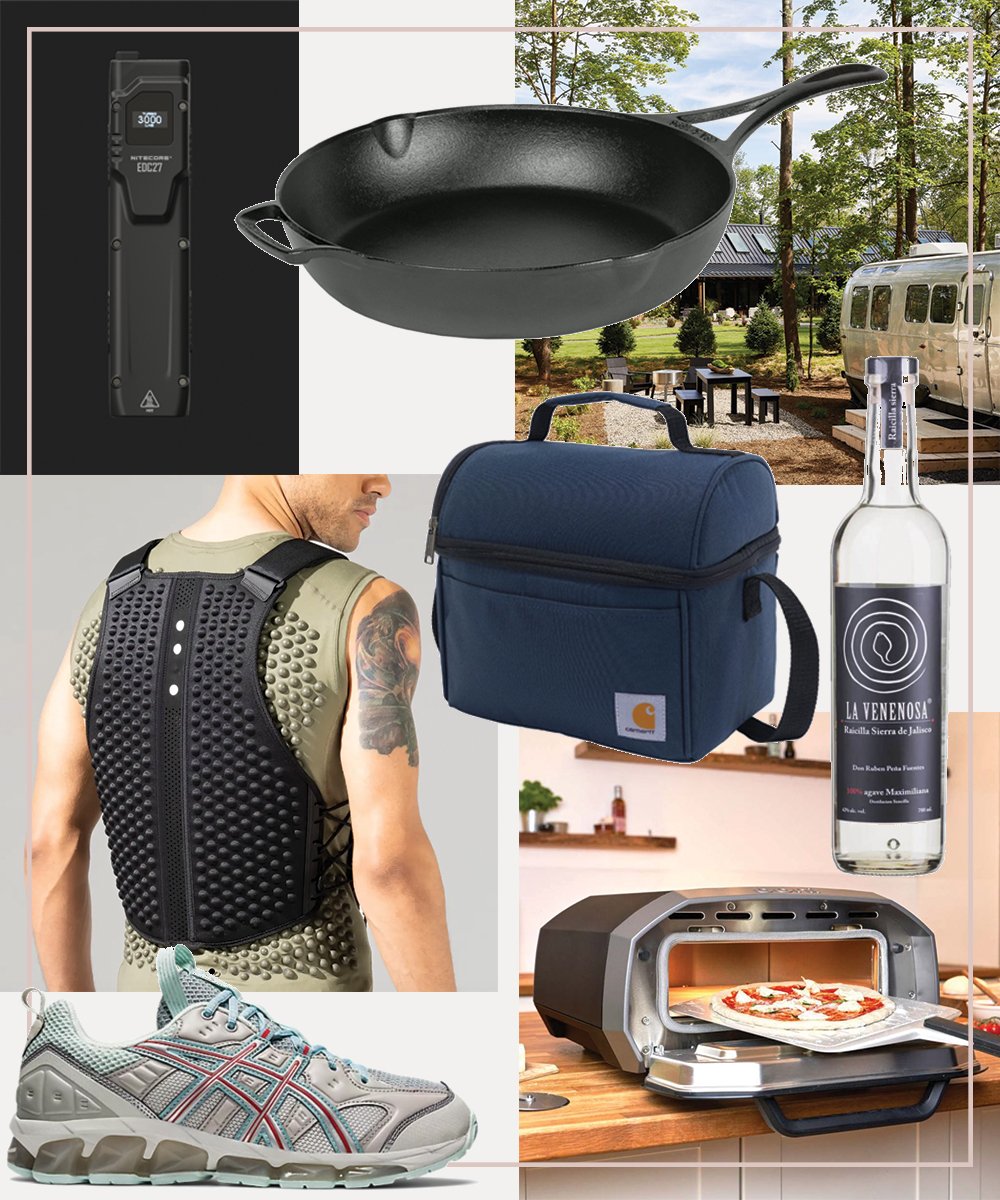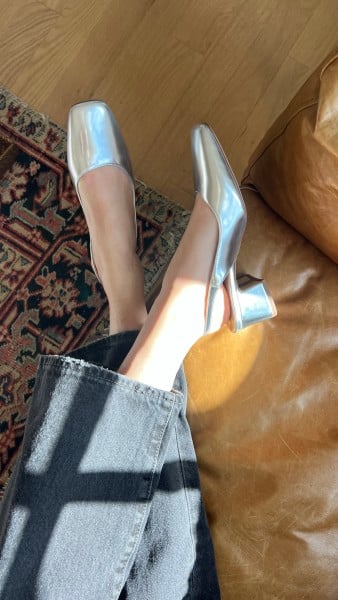
I’ve spent most of my life surrounded by coffee. My mom started brewing it at 5 in the morning before work since way before I was born, and my college years were spent writing papers, fully fueled by multiple double-espressos. I’ve never considered myself caffeine reliant. In fact, I didn’t think much of it at all. It’s just a part of life, especially given my East Coast roots. Mornings at my parent-in-laws feature so many pots of coffee that I could run from their Jersey home into the city. Coffee is a habit, a talking point, a necessity, and sometimes a personality trait.
Naturally, I always wondered if I could go without it. Would it make me less jittery or anxious? Could I become a decaf person? So I set out to avoid all caffeine for 30 days, a feat that felt pretty much impossible by day two. Here are my musings on 30 days of no caffeine including the good, the bad, and the ugly:

Checking in after the first two weeks, one thing is abundantly clear: I’ve never missed anything so much in my life (pardon my hyperbole). By day two of no caffeine, I felt the immeasurable loss in my life. I was irritable, sleepy, and pretty much out of it. By 2 P.M., I wanted a cup of coffee or a sip of diet coke so badly that I reached for a donut, something I would never do normally. It became obvious that coffee is more of a ritual than anything else for me. It signifies the start of my day and keeps me going when I’m lacking inspiration.
During my first week, I also regrettably celebrated too much during a friend’s graduation dinner on a week night. Coming into the office, without coffee, was truly difficult. Normally, a cup of coffee and a bagel would snap me out of my morning funk and get me ready for the day. Instead, I had water and cereal, and my head felt like I was wearing a metal headband, complete with a burning migraine above my temples.
As I transitioned into week two, I was also transitioning into vacation mode. I was taking a week off to meet up with my in-laws in Aruba and then hop over to New York to see my family. I was supposed to be relaxing, but it was actually even harder to avoid coffee. The first leg of my trip was a 12:50 AM flight leaving LAX and landing in Chicago at 5:30 AM. The second I touched down in O’Hare Airport, I simply had no choice – I had to get some McDonald’s Coffee. Each morning after that, I had 2-3 sips of coffee. During brunch, it seemed so unnatural to turn it down, and I genuinely needed that ritual to begin the day with my soon-to-be new family.
So, naturally, I had to restart once I admitted to the office that I failed miserably.

Restarting was so hard that I thought about scratching this post all together. Let’s just say I’m really bad at committing to things. Nevertheless, I did start again and my symptoms from the first go-around reared their ugly heads once more. By the end of week two, though, the headaches and cravings were subsiding, and I was sleeping so incredibly well. Each night, I would fall asleep around 10 PM and sleep until 8:30 AM (a benefit of living 4 minutes from the office).
To most people, this seems astonishing and a clear benefit of quitting caffeine. But, for me, I actually disliked this earlier sleep schedule. I’ve never experienced trouble sleeping, and, as a childless person, getting 8 hours a night is natural. By falling asleep earlier and getting 10+ hours a night, I felt like I was losing valuable time with my fiancé on the weekdays and was cutting plans short on the weekend.
I also noticed that I missed details I normally wouldn’t. I can be incredibly high-strung and pride myself on being detail-oriented. Without my morning coffee, I let a few things slide by without my attention. Life without coffee was not feeling worth it.

The last two weeks were less of a struggle. With the end in sight, I made it through each day with a cup of decaf coffee and a bottle of water. The headaches were gone, but the lingering desire for my morning ritual still existed.
At the end of week four, my biggest takeaway was not what I thought it would be. I didn’t get clearer skin or feel more healthy, I simply realized that cutting out things that I have a perfectly healthy relationship isn’t worth it to me. I enjoy my morning cup, and an occasional mid-day indulgence, too much to try and cut it out of my life. Coffee makes my brunch well-rounded and mornings with my family feel special.
So, no, I won’t be adopting this new change into my lifestyle. If I ever get to the point where I feel too reliant on caffeine, maybe things will change, but for now…I’m completely caffeinated and in bliss. If you are trying to cut caffeine, here are my best tips that (somehow!) allowed me to go 30 days without it:
1. Increase your water intake x10000: I never realized how much caffeine was inhibiting my water intake. Once I cut it out, my lack of water definitely played a role in my constant headaches. Each day over the month, I tried to drink 1L of water, which quelled any of my dehydration issues. Now that coffee is back in my life, I’ve made the goal to drink one whole glass of water before my morning coffee to ensure I don’t fall into old habits.
2. Eat breakfast: Without caffeine, you may notice yourself being much hungrier than normal. Sans liquid breakfast, I was hungry by 9:30, compared to my normal first meal at noon. Each morning, I started to have a small, healthy breakfast and noticed my exhaustion begin to subside. This is a huge change in routine that I’m eager to keep.
3. Substitutes are your friend: I’ve probably said this enough, but coffee is a ritual, and without it, your day can feel off. Adding decaf coffee into my life helped overcome those temptations for coffee when I just wanted to drink something warm. It’s definitely not as good, but it allowed me to make it to day 30.
4. Gradual change is better than quick: Cutting cold turkey is not recommended, even though my trial started that way. Once I had to restart my plan, I had already been slowly weaning off coffee for 2 weeks, which made getting rid of it far easier. If you’re seriously looking to cut down, doctors recommend stopping slowly as to avoid experiencing extreme withdrawal (which occurs 12-24 hours after last intake).
5. Anticipate cravings: Are you headed to a brunch with your friends? Did you pull an all-nighter working? You’re obviously going to want coffee in these situations. By expecting your craving, it will be easier to distract yourself and beat it. Get excited about the smoothie you’ll order instead, or go on a brief walk around the block. Like most cravings, they’re easily forgotten with distraction.
6. Exercise regularly: After a long winter of relatively little exercise (oops), I finally got back into a routine again, and it’s mostly due to me cutting caffeine. Without my morning cup, I didn’t get the wake-up jolt I need before heading to work. By establishing a routine at the gym, I felt the same endorphins and found a new way to start my day (or end it depending on how late I slept). Usually, I’d scoff at people who assure me exercise is the best way to start the day, but, lately, I can agree.





